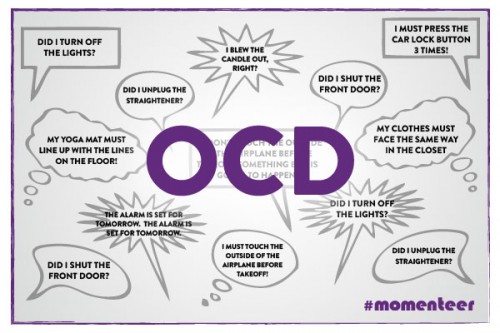
However, it may always be easy to find out if they are lying because their stories usually do not add up. Compulsive liars lie because of several reasons.Compulsive liars are not overly manipulative and cunning (see, Pathological Liar), rather they simply lie out of habit, which is an automatic response that is hard to break and one that takes its toll on a relationship.Usually, it is observed that people with attention deficit hyperactivity disorder ( ADHD), bipolar disorder, and borderline personality disorder resort to lying compulsively. Compulsive liars may or may not experience a mental disorder.A lot of them find it easy to avoid confrontations with truth, hence they stick to lying.Compulsive lying is usually thought to develop in early childhood, due to being placed in an environment where lying was necessary and routine.For a compulsive liar, telling the truth is very awkward and uncomfortable, while lying feels right. Compulsive liars bend the truth about everything, large or small.Some of the symptoms of a pathological liar are: they lie to gain something, they exaggerate things, they keep on changing their stories, and they live in a false sense of ‘reality.’ If confronted, they act defensive and never admit that they are liars.

they fix their gaze upon you rather than looking away).
#Pathological liar treatment how to
Pathological liars know how to be confident while lying and use their pathological lying trait as a defense mechanism (e.g.These people are excellent liars because they lie constantly and make stories up unnecessarily, and often, it becomes extremely difficult to distinguish the truth from false statements. Unlike the compulsive liar, pathological liars are near impossible to catch in the act.They create extravagant stories that may be maintained or tweaked over time, and they often believe their lies or have a weak grip on reality.They are often considered manipulative and cunning.They have very little regard or respect for the rights and feelings of others.A pathological liar is often goal-oriented (i.e., focused, one tells lies to get their way).When it comes to pathological liars, it is observed that people who have antisocial personality disorder (APD) and narcissistic personality disorder (NPD) indulge in lying.It could be that they lie to avoid something traumatic that happened in their lives, such as abuse, or the condition may be genetic.



 0 kommentar(er)
0 kommentar(er)
